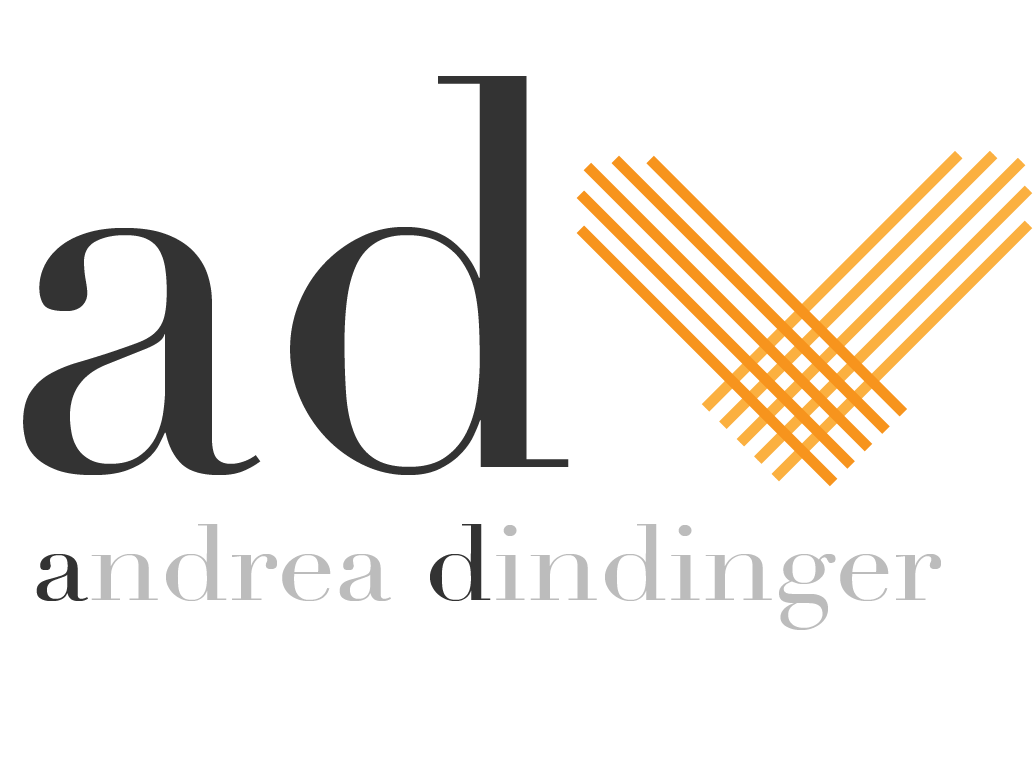Alcohol and Relationships
Is it me, or does it seem like from Halloween to January 2nd, there are a million things on the calendar, and all of them include drinking!?
Alcohol is so embedded in our culture that it makes it hard to see, but its impact on your relationship can be significant.
Alcohol is a major way we can turn away from our spouses. And it’s also a great way to have a shitty night of sleep or to increase feelings of anxiety or grouchiness.
In my therapy practice, I find that couples have worse fights if either or both have been drinking.
Now, to be clear, I’m not asking you to stop drinking if you don’t want to. The purpose of this post is about awareness: looking at how alcohol is playing a role in your marriage.
Is it a role that you want to perpetuate, or can it use some tweaking?
Here are some questions to consider when assessing if and how alcohol is affecting your relationship:
If you were a bird flying over your relationship, can you see if and how alcohol is contributing to the disconnection or conflict?
Are you fighting more after drinking?
Do you wake up with a hangover many mornings of the month, even if you know how to power through?
Do you tend to drink a lot more when you’re around your spouse or relatives in order to cope?
Do you notice codependency, i.e., if you’re having one, I should have one, too? Or are you feeling guilty if you’re drinking alone, or getting angry if they are drinking alone or drinking too much?
Are you trying to monitor and control your spouse's intake of alcohol?
Here are a couple of resources and suggestions if you want to reduce or shift your relationship with alcohol:
For anyone curious, I always recommend experimenting!
And now that Dry January has become a “thing,” it’s a great time to investigate your relationship to alcohol and experiment with reducing it.
What would it be like if you and your spouse committed to not drinking alcohol Monday through Thursday of each week?
Or possibly the whole rest of January?
Having a rule in place means you won’t have to make a choice at every event or succumb to peer pressure. It begins to change your brain.
If you try it, here are some things to observe in the absence of alcohol:
How are you sleeping in the absence of alcohol?
Are you taking walks after dinner instead of having a glass of wine in front of the TV?
What are you noticing? Are any of these habits you want to bring into the new year?
If you’re interested in exploring really not drinking, check out This Naked Mind, which I’ve had several clients use with great success.
And, of course, if you sense there is a serious issue with you or your spouse and alcohol, seek out support.
Cheers to connection, with sparkling water in hand,


